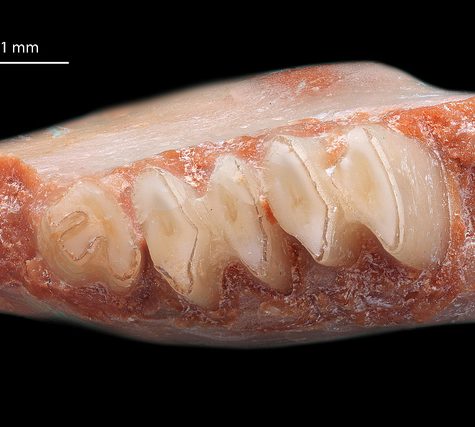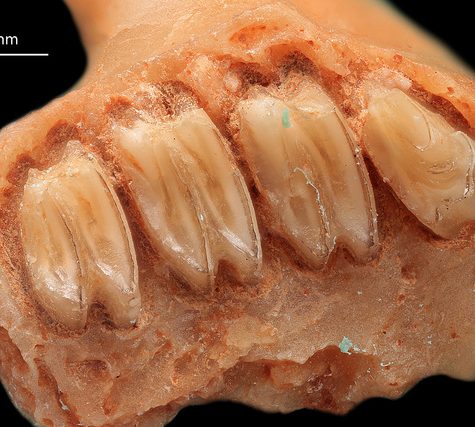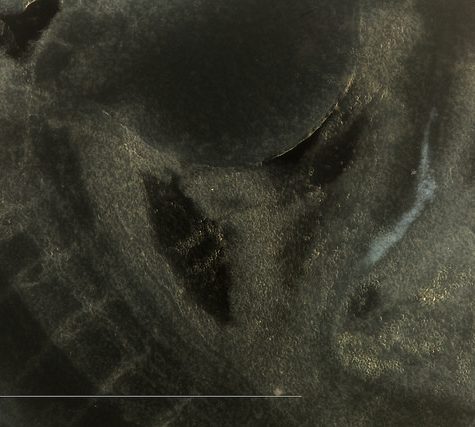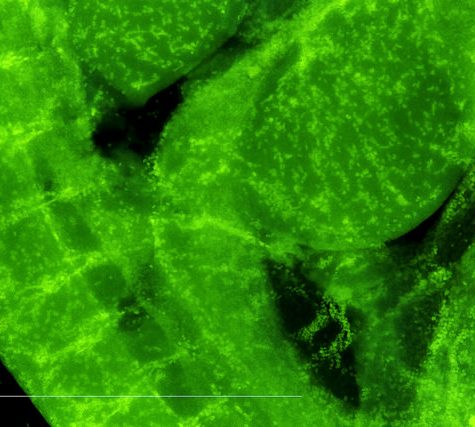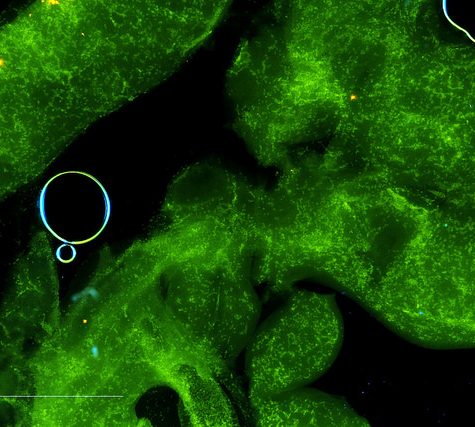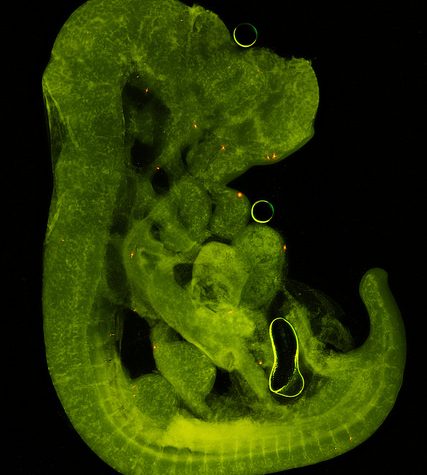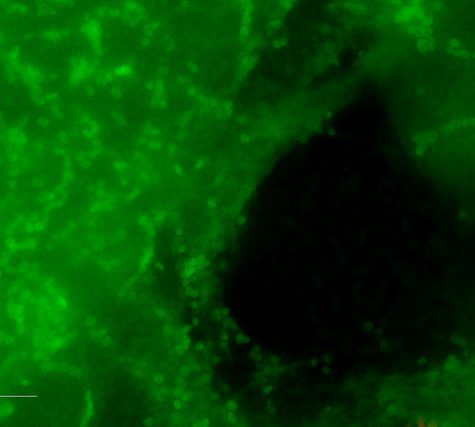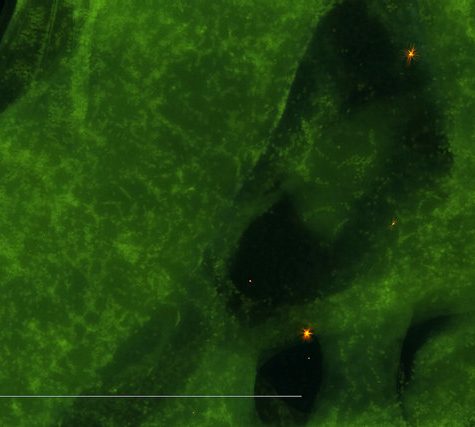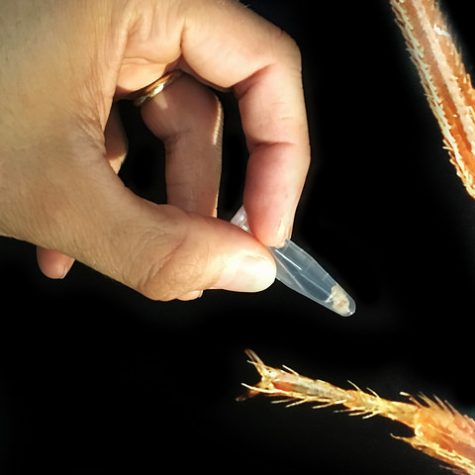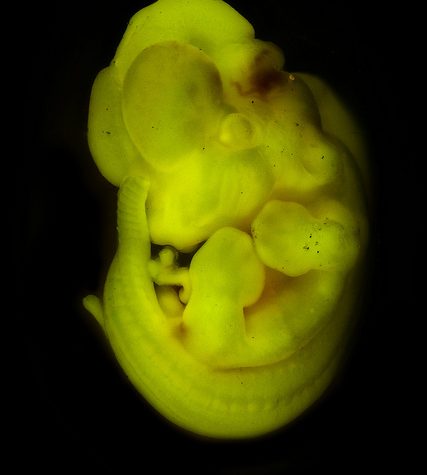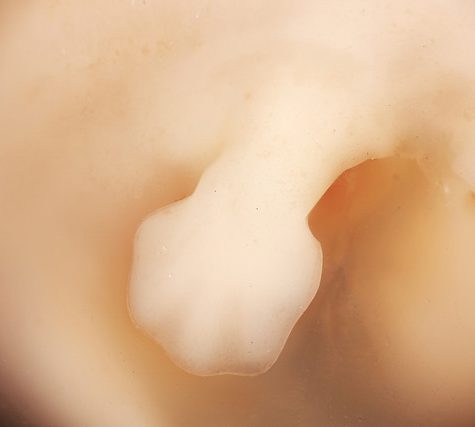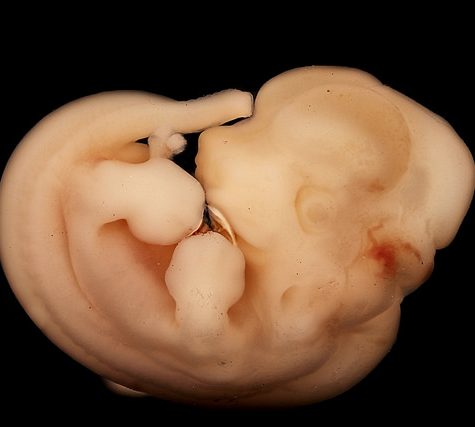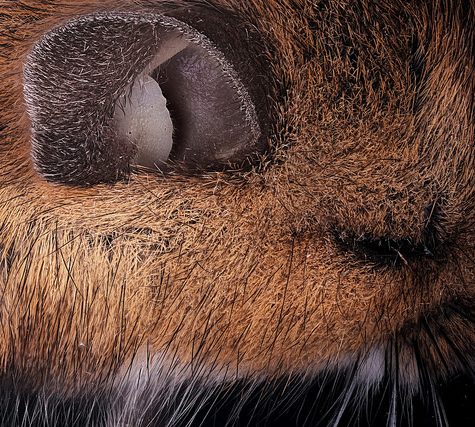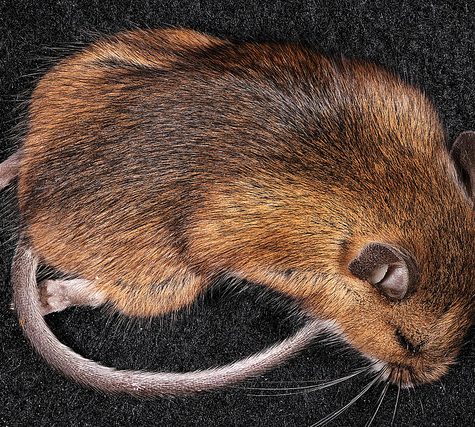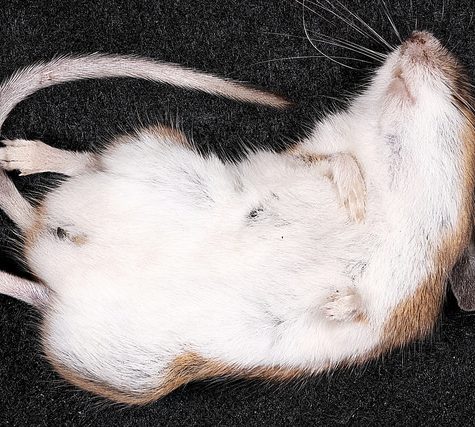Rodent teeth (new species). China.
$19.00 – $400.00Rodents (from Latin rodere, “to gnaw”) are mammals of the orderRodentia, which are characterized by a single pair of continuously growing incisors in each of the upper and lower jaws. About 40% of all mammal species are rodents; they are found in vast numbers on all continents except Antarctica. They are the most diversified mammalian order and live in a variety of terrestrial habitats, including human-made environments.

